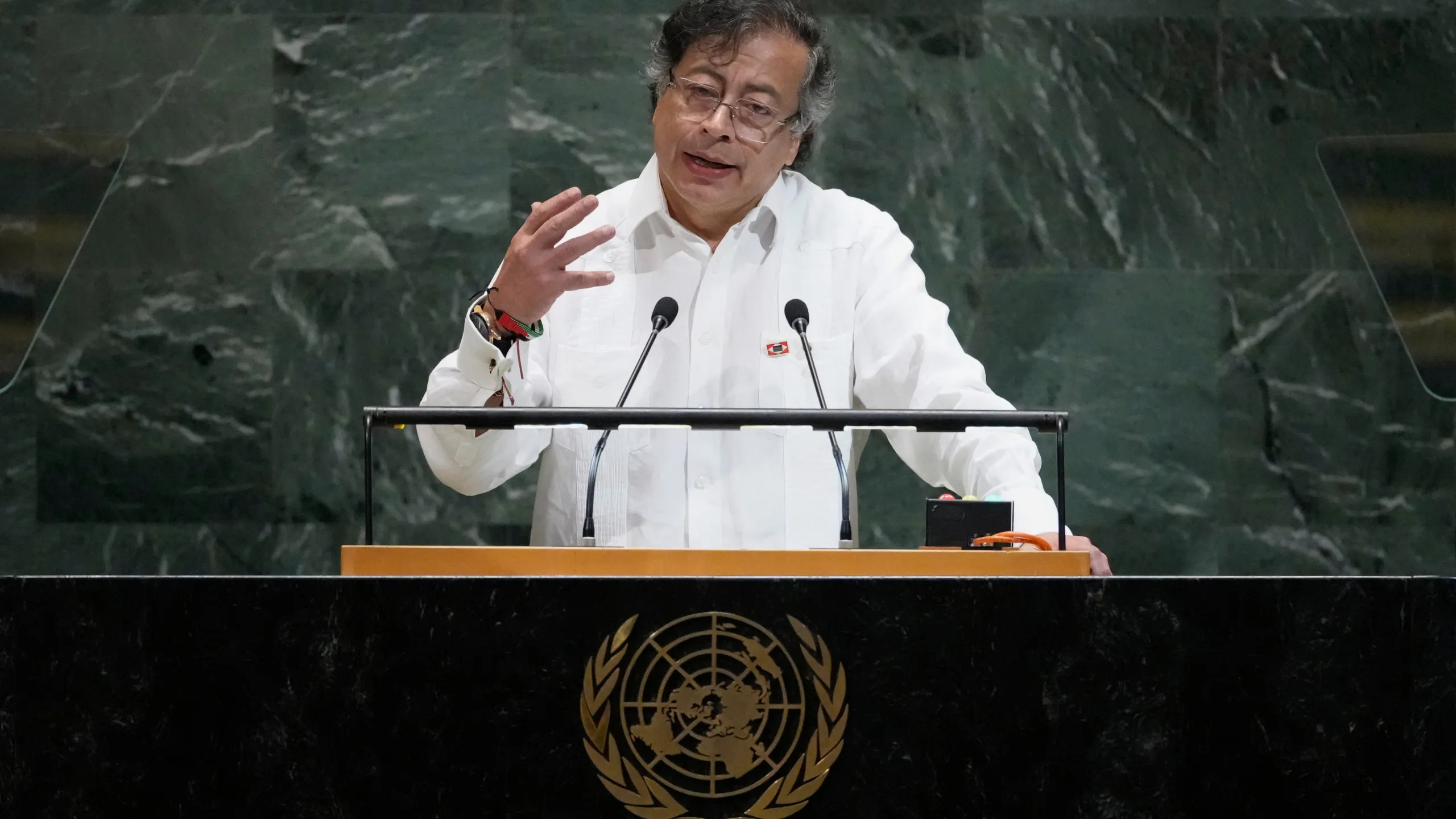On the 18th of July, Irma Hernández Cruz, 62, was intercepted by a group of armed men on Sor Juana Inés de la Cruz Street in downtown Álamo Temapache in the eastern coastal state of Veracruz. Six days later, her body was found on a private ranch between the communities of Buenos Aires and Tepetzintlilla.
The 62-year-old victim was a full-time school teacher who also operated a taxi to make ends meet. The extortion racket in these parts is typically carried out by smaller, less prominent criminal organizations that don’t have the resources to generate large-scale profit-making operations like smuggling and drug trafficking on the level of some of the larger cartels. These smaller clans then resort to preying on the poor and less fortunate among them, leaving these local residents very little mercy.
Shortly after the kidnapping, a video began to circulate on social media that featured Hernández kneeling before a group of armed men adorned in masks and bullet-proof vests, and dressed in black clad, pleading to her fellow taxi operators in the small town by issuing an ominous warning: “My name is Irma Hernández Cruz, I drive taxi #554. Stop messing around with the charros… you don’t mess around with the Veracruz Mafia. Pay your dues properly.”
The Veracruz State Search Commission had issued a location file for Hernández shortly after the kidnapping, classifying the case with extreme urgency. The Governor of the State of Veraruz Rocío Nahle, and his team said that they had been awaiting a call from the captors demanding a ransom, but had remarked that they thought it was strange that no demands had come.
A week before, the husband of Hernández, Jorge Néstor, was also kidnapped by charros and is considered missing. Néstor also operated a taxi.
Authorities claim that, according to evidence revealed in the video, there is a suggestion that the men seen posing behind their victim, Hernández, are members of the local criminal organization known as the Veracruz Mafia. Experts in the area say that the group is responsible for multiple attacks on the local populace and is currently engaged in a fight for territory against the Jalisco Nueva Generación Cartel for control over lucrative drug routes between Veracruz and Tamaulipas.
Taxi operators are in abundance in the region. In an effort to earn supplemental income, families will often partner together to work the cabs, taking out a loan for a used vehicle, and begin putting it to use right away. In many cases, it takes a few years for the family to pay off the loan, but in the meantime, they have the opportunity to earn a little extra cash.
Each taxi operates under a number, which makes each vehicle identifiable by its own distinct number. However, this comes at a cost when the gangs will target and seek out reprisals from particular cab owners who have not paid their “dues”, identifying each cab by its taxi number. If a particular operator is unable to work on any given day, the owner will often contract the taxi out to another operator who does not have a cab of their own available for the time being.
There have been numerous instances in which operators are targeted by the gangs for falling behind on payments, but because a particular cab is being operated by someone else, there is a tragic mistake in identity, and the individual who had nothing to do with the dispute is accidentally punished for it.
Many other industries are forced to pay the extortions, including small shop owners, retailers, and restaurateurs. This leaves behind a disturbing lack of confidence in the public security apparatus in these local towns, leading many people to opt out of work more frequently than in those areas that are not plagued by the impunity of violent criminal organizations, diminishing the economic life of these smaller towns.
The public outcry following the incident has led to outrage directed towards the federal government, which has assured Mexicans that it will get a handle on the criminal gangs operating with such freedom in states like Veracruz and will tackle the issue of criminal extortions.
According to Spanish news outlet EL PAÍS, the Sheinbaum administration has introduced its national strategy against extortion, “which seeks to reduce this crime throughout the country, but with special emphasis on the eight states that account for 66% of the complaints, including Veracruz.”

















